Filter by

Knowledge and Mind: A Philosophical Introduction
This is the only contemporary text to cover both epistemology and philosophy of mind at an introductory level. It also serves as a general introduction to philosophy: it discusses the nature and methods of philosophy as well as basic logical tools of the trade. The book is divided into three parts. The first focuses on knowledge, in particular, skepticism and knowledge of the external world, an…
- Edition
- 1
- ISBN/ISSN
- 9780262269315
- Collation
- -
- Series Title
- -
- Call Number
- -
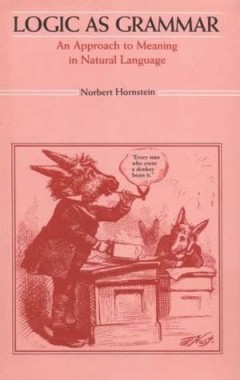
Logic as Grammar: An Approach to Meaning in Natural Language
How is the meaning of natural language interpreted? Taking as its point of departure the logical problem of natural language acquisition, this book elaborates a theory of meaning based on syntactical rather than semantical processes. Hornstein argues that the traditional neoFregean approach taken by Davidson, Barwise and Perry, and Montague, among others--an approach that makes use of semantica…
- Edition
- 1
- ISBN/ISSN
- 9780262275729
- Collation
- -
- Series Title
- -
- Call Number
- -

Just in Time: Temporality, Aesthetic Experience, and Cognitive Neuroscience
- Edition
- -
- ISBN/ISSN
- 9780262374170
- Collation
- -
- Series Title
- -
- Call Number
- -
- Edition
- -
- ISBN/ISSN
- 9780262374170
- Collation
- -
- Series Title
- -
- Call Number
- -
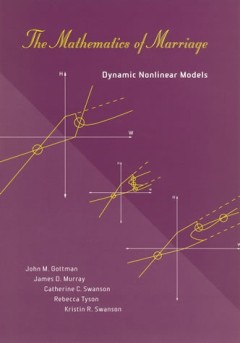
The Mathematics of Marriage: Dynamic Nonlinear Models
Divorce rates are at an all-time high. But without a theoretical understanding of the processes related to marital stability and dissolution, it is difficult to design and evaluate new marriage interventions. The Mathematics of Marriage provides the foundation for a scientific theory of marital relations. The book does not rely on metaphors, but develops and applies a mathematical model using d…
- Edition
- 1
- ISBN/ISSN
- 9780262274135
- Collation
- -
- Series Title
- -
- Call Number
- -

Microcognition: Philosophy, Cognitive Science, and Parallel Distributed Proce…
Parallel distributed processing is transforming the field of cognitive science. Microcognition provides a clear, readable guide to this emerging paradigm from a cognitive philosopher's point of view. It explains and explores the biological basis of PDP, its psychological importance, and its philosophical relevance.
- Edition
- 1
- ISBN/ISSN
- 9780262270441
- Collation
- -
- Series Title
- -
- Call Number
- -
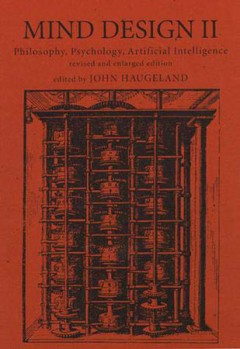
Mind design II :
Mind design is the endeavor to understand mind (thinking, intellect) in terms of its design (how it is built, how it works). Unlike traditional empirical psychology, it is more oriented toward the "how" than the "what." An experiment in mind design is more likely to be an attempt to build something and make it work--as in artificial intelligence--than to observe or analyze what already exists. …
- Edition
- -
- ISBN/ISSN
- 9780262275071
- Collation
- -
- Series Title
- -
- Call Number
- -
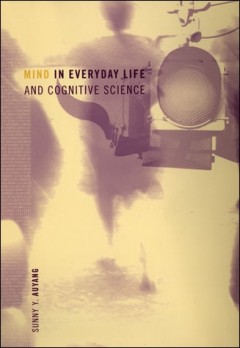
Mind in everyday life and cognitive science
Annotation
- Edition
- -
- ISBN/ISSN
- 9780262011815
- Collation
- -
- Series Title
- -
- Call Number
- -
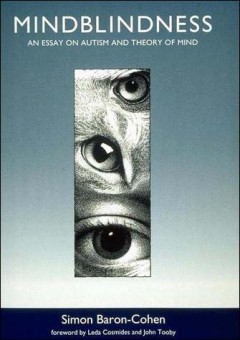
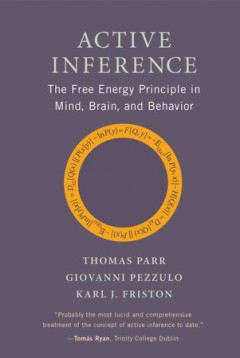
Active Inference: The Free Energy Principle in Mind, Brain, and Behavior
Active inference is a way of understanding sentient behavior—a theory that characterizes perception, planning, and action in terms of probabilistic inference. Developed by theoretical neuroscientist Karl Friston over years of groundbreaking research, active inference provides an integrated perspective on brain, cognition, and behavior that is increasingly used across multiple disciplines incl…
- Edition
- -
- ISBN/ISSN
- 9780262369978
- Collation
- -
- Series Title
- -
- Call Number
- -
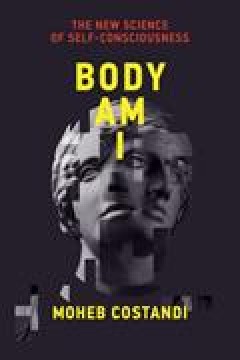
Body Am I: The New Science of Self-Consciousness
- Edition
- -
- ISBN/ISSN
- 9780262368711
- Collation
- -
- Series Title
- -
- Call Number
- -
- Edition
- -
- ISBN/ISSN
- 9780262368711
- Collation
- -
- Series Title
- -
- Call Number
- -
 Computer Science, Information & General Works
Computer Science, Information & General Works  Philosophy & Psychology
Philosophy & Psychology  Religion
Religion  Social Sciences
Social Sciences  Language
Language  Pure Science
Pure Science  Applied Sciences
Applied Sciences  Art & Recreation
Art & Recreation  Literature
Literature  History & Geography
History & Geography